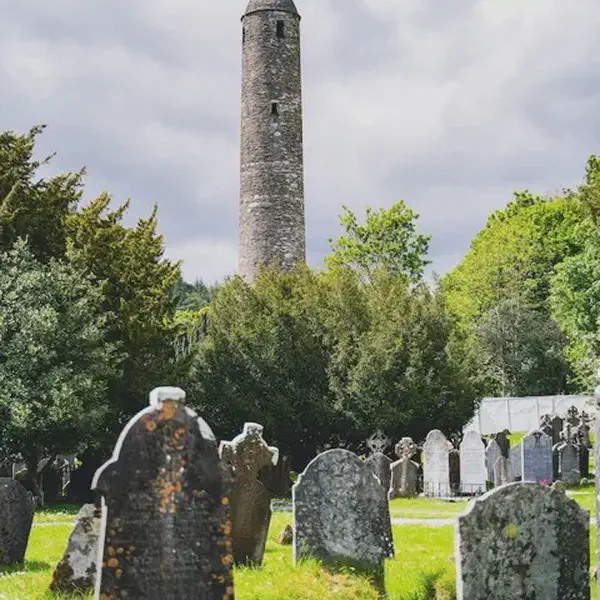
Charles Stewart Parnell Becomes a Freeman of the City of Dublin
August 16, 1882
Charles Stewart Parnell (June 27, 1846 ? October 06, 1891) was an Irish political leader and one of the most important figures in 19th century Ireland and the United Kingdom; William Ewart Gladstone thought him the most remarkable person he had ever met. A future Liberal Prime Minister, Herbert Henry Asquith, described him as one of the three or four greatest men of the nineteenth century, while Lord Haldane described him as the strongest man the British House of Commons had seen in 150 years.
The Honorary Freedom of the City of Dublin is the highest honour the City Council may bestow and it is conferred very rarely. The recipient becomes an Honorary Citizen of Dublin and although no financial or other benefits are attached to the award, the prestige which it carries is immense. The Honorary Freedom of Dublin was instituted under the Municipal Privileges Act, 1876 and is currently conferred under the provisions of the Local Government Act 2001.
Ancient Freedom of Dublin: Privileges and Duties Holders of the ancient Freedom of Dublin received the following privileges:
The right to vote in municipal and parliamentary elections.
The right to bring goods into Dublin through the city gates, without paying customs duties.
The right to pasture sheep on common ground within the city boundaries, such as Hoggen Green (modern-day College Green) or St. Stephen?s Green.
Holders of the ancient Freedom of Dublin had the following duties:
Each freeman had to be ready to defend the city from attack and could be called upon to join the city militia at short notice.
In 1454, an act was passed stating that every merchant admitted to the freedom of Dublin had to possess a coat of mail, a bow, a light helmet and a sword of his own; freemen from all the other trade guilds had to have a bow, arrows and a sword.
In 1465, an act was passed stating that each freeman had to provide himself with a longbow of his own length, made of yew, witch-hazel or ash, and twelve arrows of the same wood.